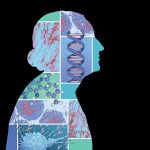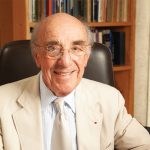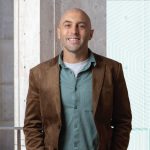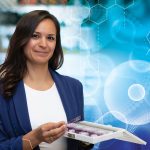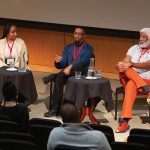A new route for regulating blood sugar levels independent of insulin
The discovery of insulin 100 years ago opened a door that would lead to life and hope for millions of people with diabetes. Since then, insulin, produced in the pancreas, has been considered the primary means of treating conditions characterized by high blood glucose, such as diabetes. Now, Professor Ronald Evans, first author Gencer Sancar and colleagues have discovered a second molecule called FGF1 that is produced in fat tissue and, like insulin, also potently and rapidly regulates blood glucose. Their finding could lead to the development of new diabetes therapies, and also lays the foundation for promising new avenues in metabolism research.




















































